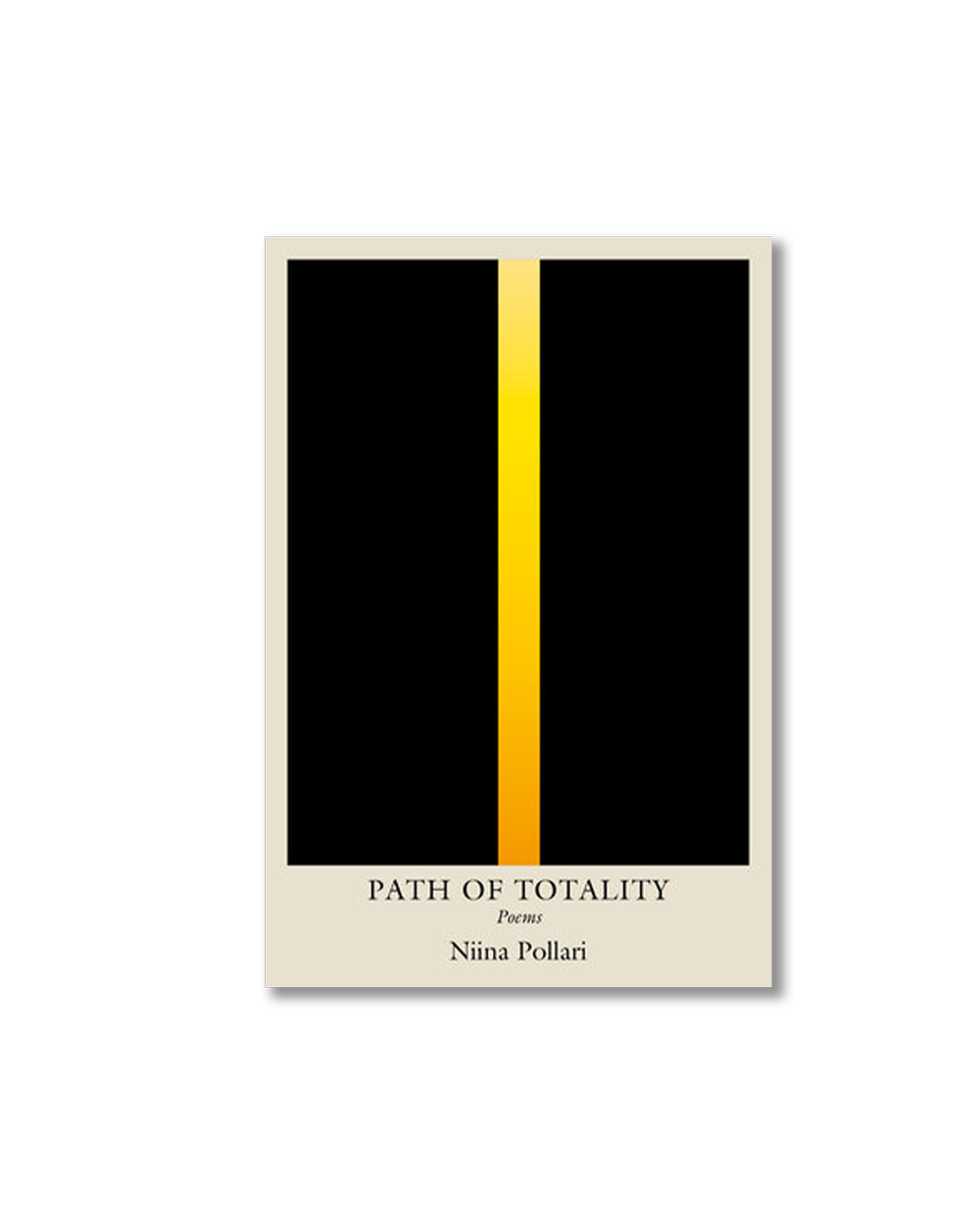Disassociation and Diaspora: On Ken Kalfus' "2 A.M. in Little America"
It’s 2 a.m. in a small enclave of American refugees living abroad.
Looking as Discourse: An Interview with Tishon Woolcock
This series explores how more private experiences of looking are (or can become) forms of discourse, of collective exchange.
Asphalt and Sand: A Material History of Extraction and Consumption
I’m writing this in a plane flying south over California, from San Francisco, where I grew up, to Santa Barbara, where I attend grad school.
The Squanderer and the Seduced: On Fernanda Melchor's "Paradais"
Paradais, Fernanda Melchor’s second book translated into English, opens with two teenage boys drinking rum outside a luxury housing development.
Looking as Discourse: On "That Summer That Year During the Heat Wave"
Several years ago, I taught John Berger’s Ways of Seeing, and I read and reread it, and not long after, I also wrote “That Summer That Year During the Heat Wave.”
Secular and Divine: On Brooke Sahni's "Before I Had the Word"
Brooke Sahni’s debut poetry collection, Before I Had the Word, chosen by Maggie Smith as the Winner of the 2020 X. J. Kennedy Poetry Prize, explores generational ties to grief, sex, family, and religion.
The Art of Noticing: On Alison Townsend's "The Green Hour"
The first time I saw an image of William Sommer’s “Winter Landscape” painting, I was doing something unmemorable online; but I remembered the moment I saw it perhaps even more than I remembered the painting itself because it so strongly evoked the view from my childhood bedroom window.
Looking as Discourse: Four Screams
Wanting to write about looking at screaming, the woman clicked again on a video by Kim Beom in which a slate-clad actor playing an artist stands at an easel to teach her (and whomever else is watching) how to make a painting titled Yellow Scream—will it help?
"Next Door" by Brad Richard
A woman checks her chicken coop at dawn / then posts the horror that she found: “Headless.
Brevity Creates Breadth: A Review-Interview with Kalani Pickhart on "I Will Die in a Foreign Land"
When readers need to know a century’s worth of history to comprehend a novel’s dynamics, a fiction writer confronts a task that may appear simple but is actually excruciatingly difficult.
Poetry as Prose: On Irene Solà's "When I Sing, Mountains Dance"
Irene Solà’s novel When I Sing, Mountains Dance starts with a storm personified and a person disembodied.
Looking as Discourse: Generosity, Resistance, and Bently Spang's "Tekcno Powwow"
Chest forward, he strides on stage with an Elvis-inflected, hip-swaying, rolling cowboy-amble, wearing a severe expression beneath his blue face paint.
Something Like the Ghost of Meter: On Matvei Yankelevich's "Dead Winter"
Matvei Yankelevich’s new collection Dead Winter draws its poems from a longer sequence, still in progress, whose overall title is “From A Winter Notebook.”
On "Essays Two": An Interview with Lydia Davis
It is easy to take translation for granted. It is easy to appreciate a text only in its current context, to visualize a listed translator as a talented mathematician with some innate knowledge or intuition for what an original author or source text imagined, performing equations to convert languages for our understanding and pleasure.
Looking as Discourse: [from] These Late Eclipses (Strickenfield)
Nothing to stand on, nowhere to be: the calving of an internal interval.
The Anxiety of Interpretation: On Niina Pollari's "Path of Totality"
Sentences that might represent a life-altering pain, the ongoing experience of that pain, are not the tragedy itself.
"Feminine" Passions: On Aoko Matsuda's "Where the Wild Ladies Are"
Before bedtime, in their two-room apartment on the outskirts of postwar Tokyo, my great-grandfather would tell my obāchan and her siblings ghost stories, like those retold in Aoko Matsuda’s short story collection, Where the Wild Ladies Are.

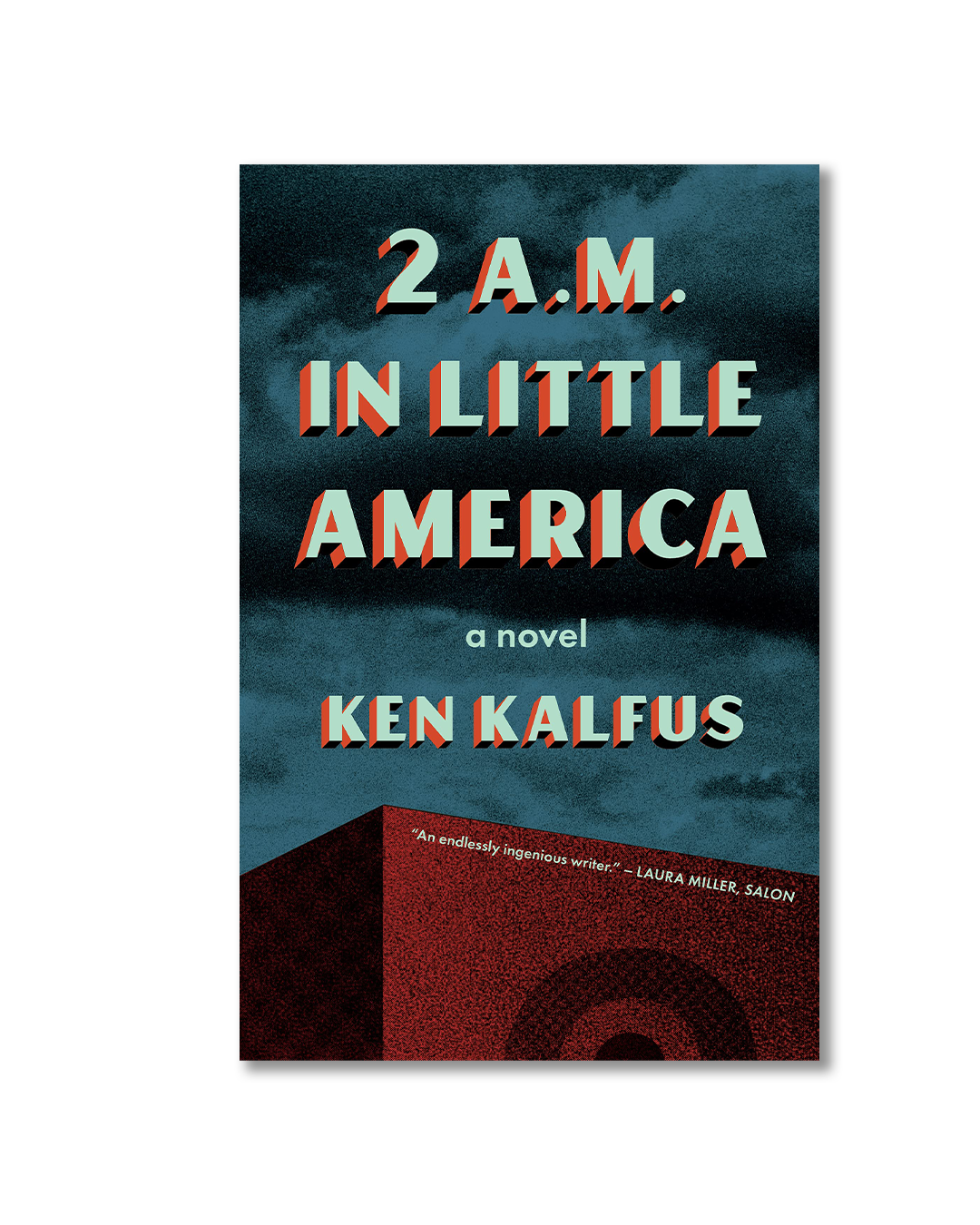





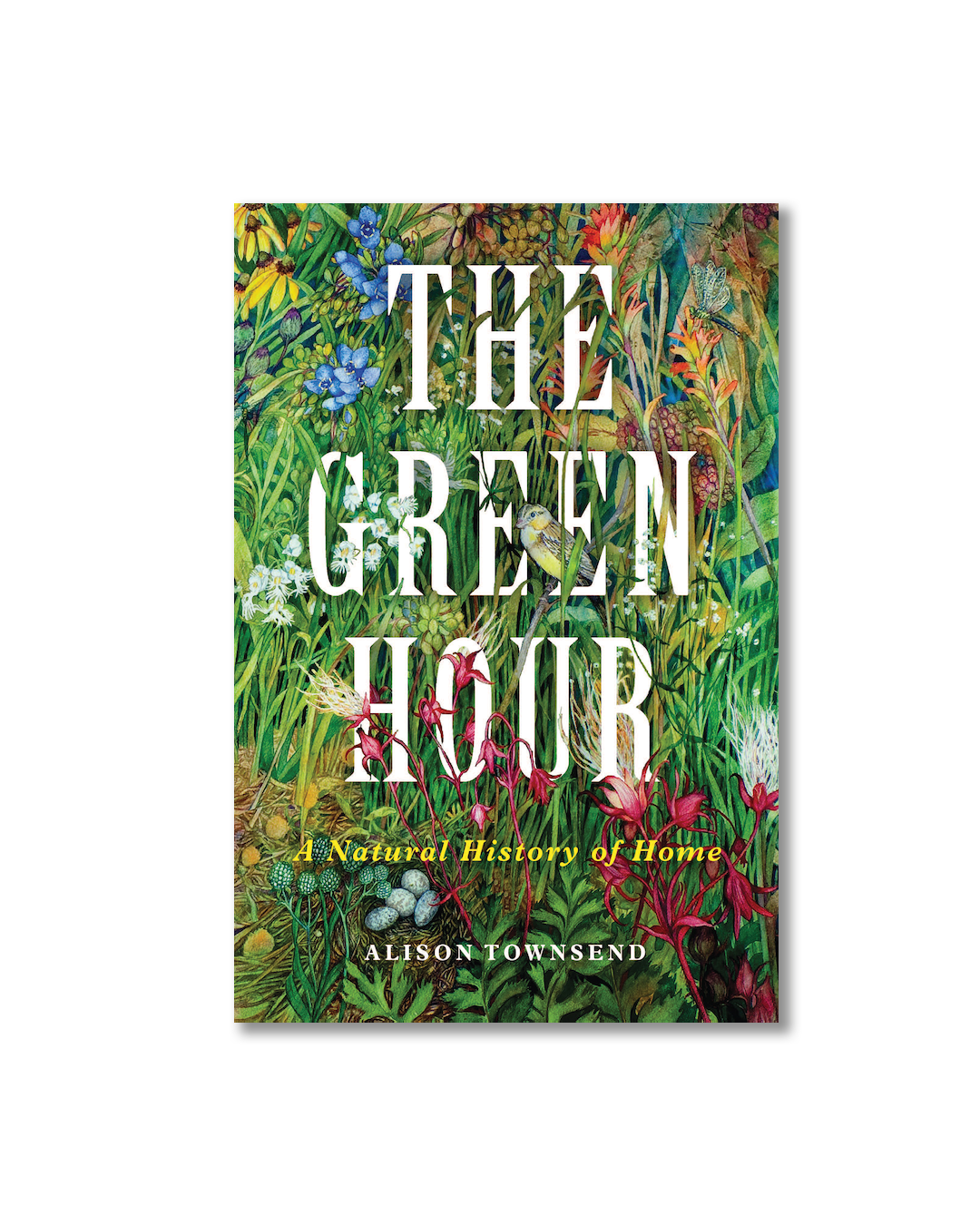




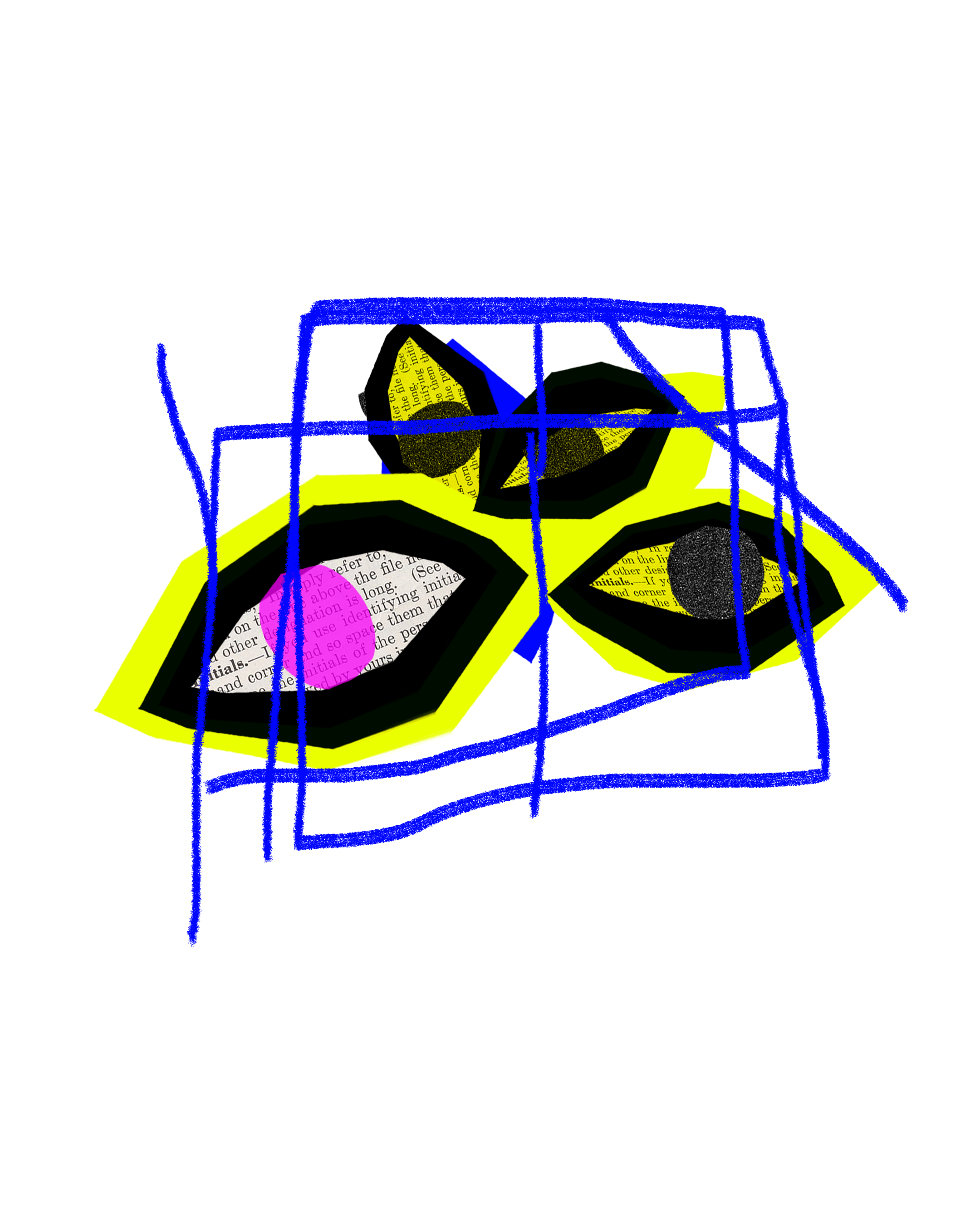

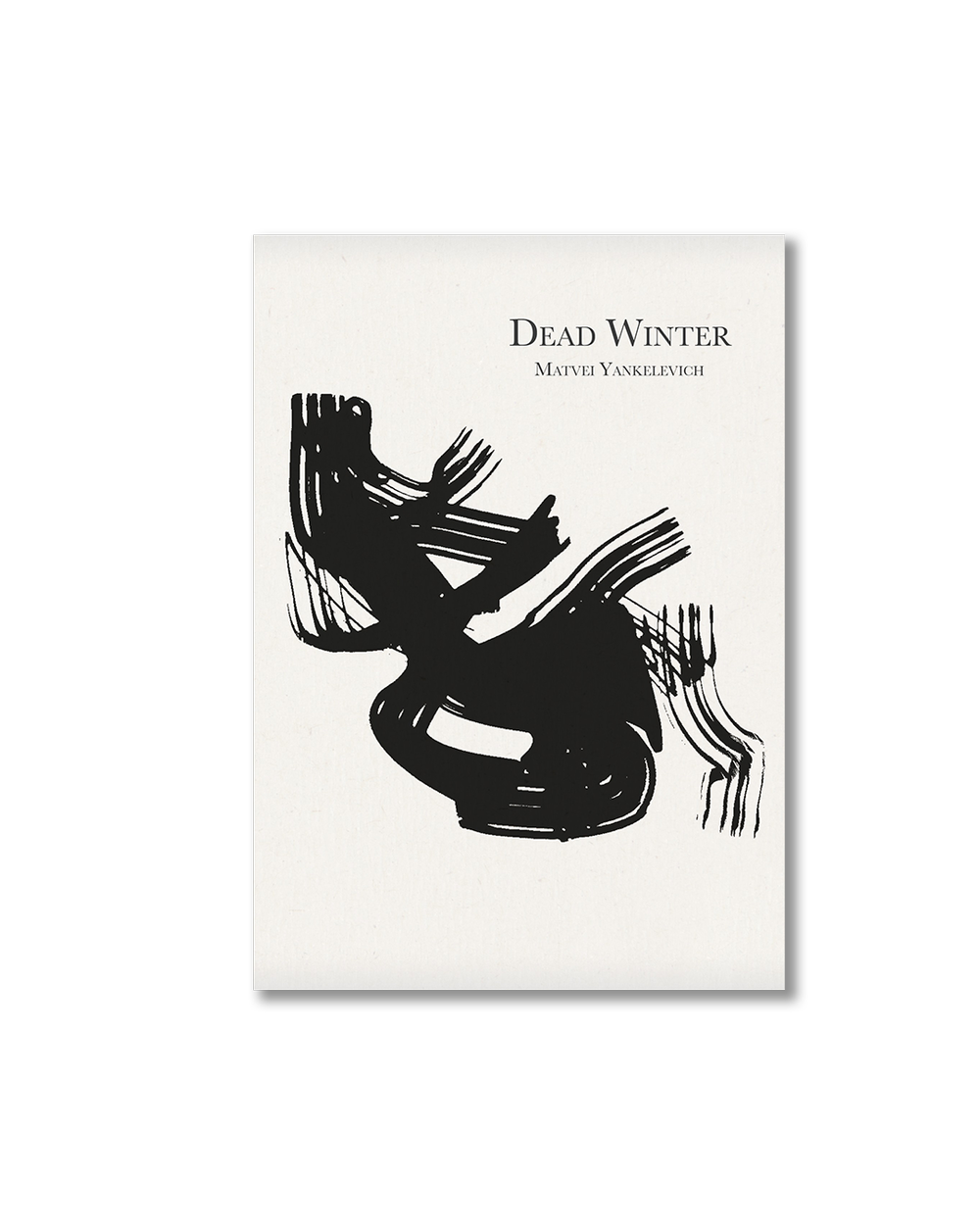
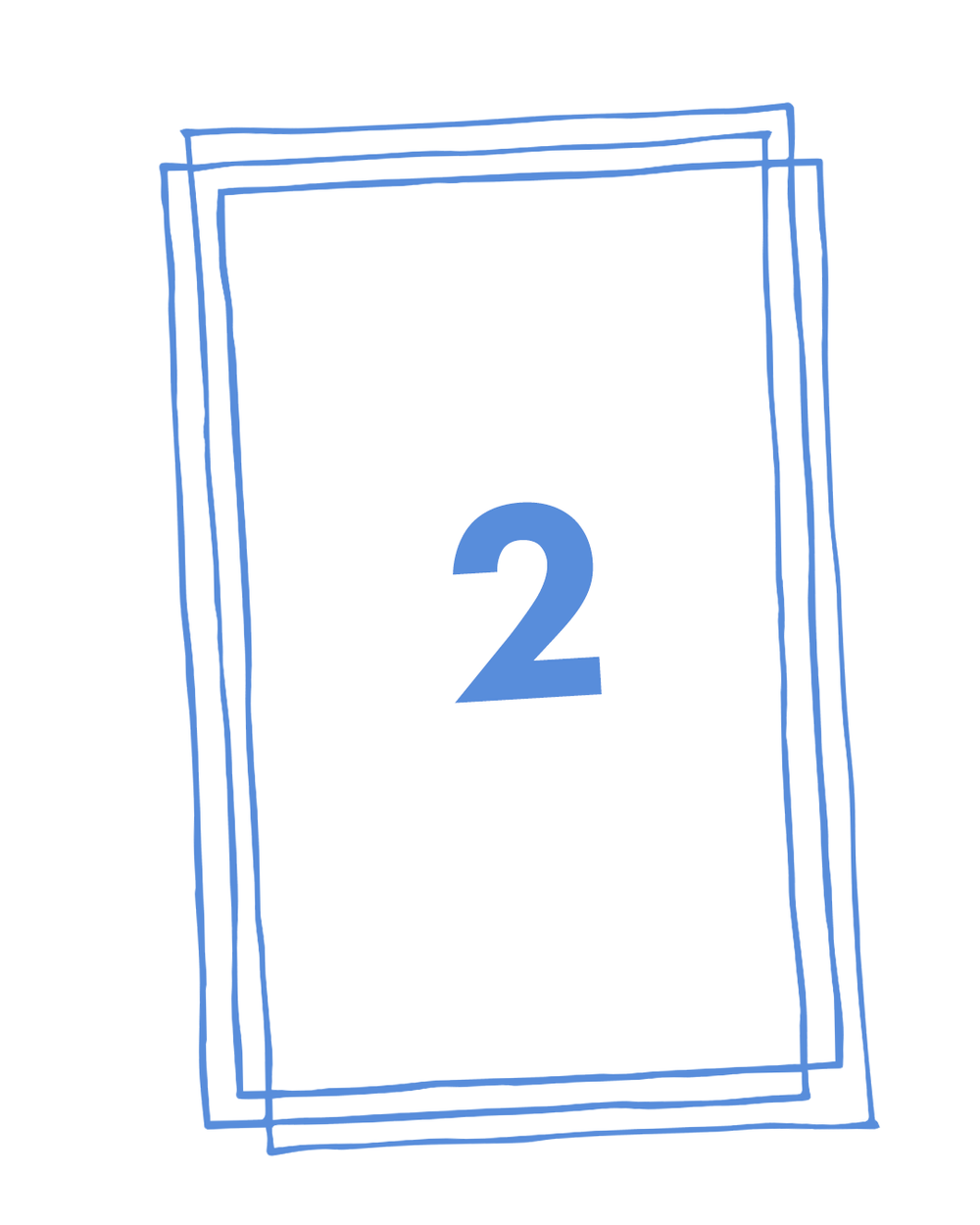
![Looking as Discourse: [from] These Late Eclipses (Strickenfield)](https://images.squarespace-cdn.com/content/v1/62e6911b53cc8f67eefc5fa6/1670122435365-PXG79KT1XD56KBF1F15N/The+late+Eclipses_Andrew+Zawacki_3_Website.png)
